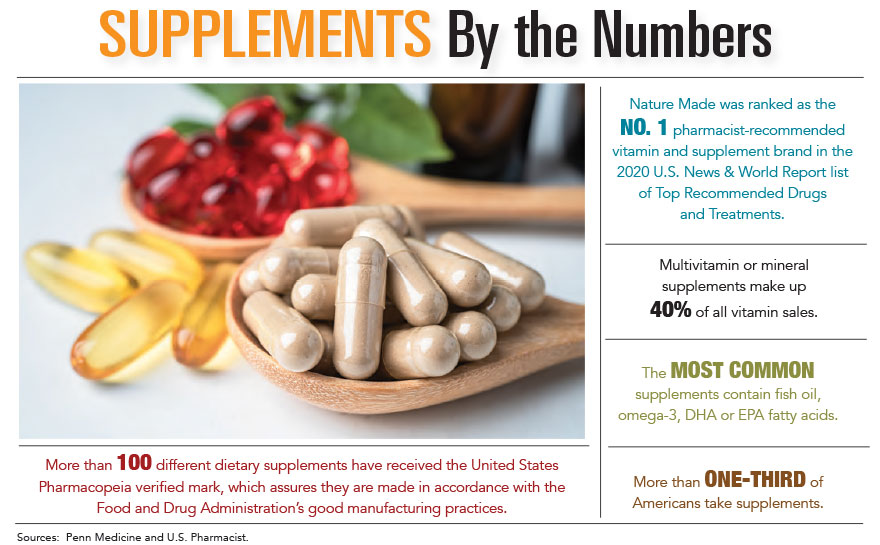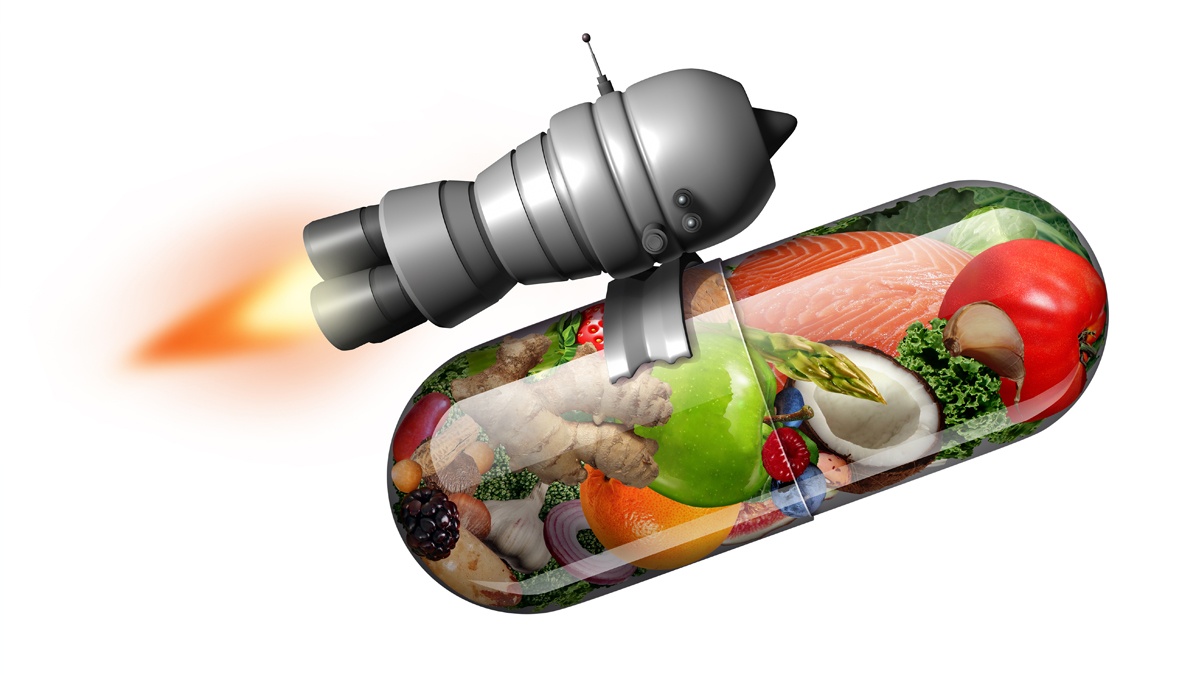As COVID-19 continues to alter the way we live, it is also taking a toll on mental wellness, provoking in many fear and anxiety. As a result, more and more are seeking to boost their immunity through prevention, and far greater attention has been given to nutritional supplements than ever before. This is no surprise when vitamins and supplements may serve a great benefit for individuals who do not receive the necessary nutrients from their normal diet.
Susan Ledbetter, marketing manager for Garner’s Natural Life, which has four branches in the Upstate, emphasized how high demand is for these products amid the current health crisis.
“Many supplements have been known for their immune support in the natural industry for some time, and it seems as though this information is becoming more common now with people looking at alternative choices for their health,” she explained.
However, it is important for consumers to be aware that this area of nutrition science is evolving.
“We’re continuing to learn about how important individual nutrients really are as compared to just being markers for particular dietary patterns,” revealed Debbie Petitpain, a registered dietitian nutritionist at the Medical University of South Carolina and spokesperson for the Academy of Nutrition and Dietetics.
This means that a great deal of research is still needed to determine precisely how certain supplements work in conjunction with an individual’s typical lifestyle. The big takeaway, according to Petitpain, is there is “no supplement that can take the place of a well-balanced diet which is eaten consistently over time, and humans really should only be supplementing nutrient gaps where needed.”
When it comes to COVID-19 specifically, Petitpain recognizes that there is an interesting and active body of research right now surrounding supplements to aid in immunity, but, like all things related to the virus, strong clinical data is needed to support any specific regimen.
On the other hand, when considering overall wellness, there are certain supplements that have proven beneficial effects when certain nutrient deficits exist, and, when water soluble, they are generally safe because the human body will excrete any excess. Examples include vitamin D, particularly for those not getting adequate sunshine, fish oil for those not ingesting proper fatty acid from their diet, vitamin B12 for the health of the body’s nerve and blood cells, and vitamin C, which is a powerful antioxidant.
Alternatively, it is wise to consult a medical professional before supplementing, and Ledbetter reminded customers that a retailer is not a medical professional: “We always recommend that if you are taking pharmaceutical medications, have health-compromising issues or any concerns, it is best to speak with your doctor first.”
Petitpain stressed the same advice, specifying that some supplements may even have toxic effects if they aren’t kept in balance. Those diagnosed with autoimmune diseases specifically should consult with a physician before attempting any immune boosting regimen due to an already overactive immune system.
Finally, for those seeking a “silver bullet” to prevent illness, both experts agree there is no easy answer.
Ledbetter stated: “We always try to remind everyone that they have the ability to take preventive measures, whether that is taking supplements, eating healthy, washing hands or wearing a mask. In doing so, you are setting your immune system up for a fighting chance and to care for yourself and others as well as you can.”
Petitpain has a similar view, and, particularly for people who are financially burdened. She advised that the best place to spend money is on a reasonably-priced multivitamin and to invest in quality food for one’s diet, especially plant-based items that will not only fill your belly up but also provide necessary micronutrients. She also echoed that healthy habits and listening to expert opinions are the best line of defense in remaining well.
Anxiety may be tough to keep at bay during the current pandemic, but we should concentrate on what we can do to help protect ourselves versus what is out of our control. Ledbetter summed it up well: “You can control what you take and what you eat, so try and make informed choices when it comes to these things.”
By Alyssa DiSalvo

